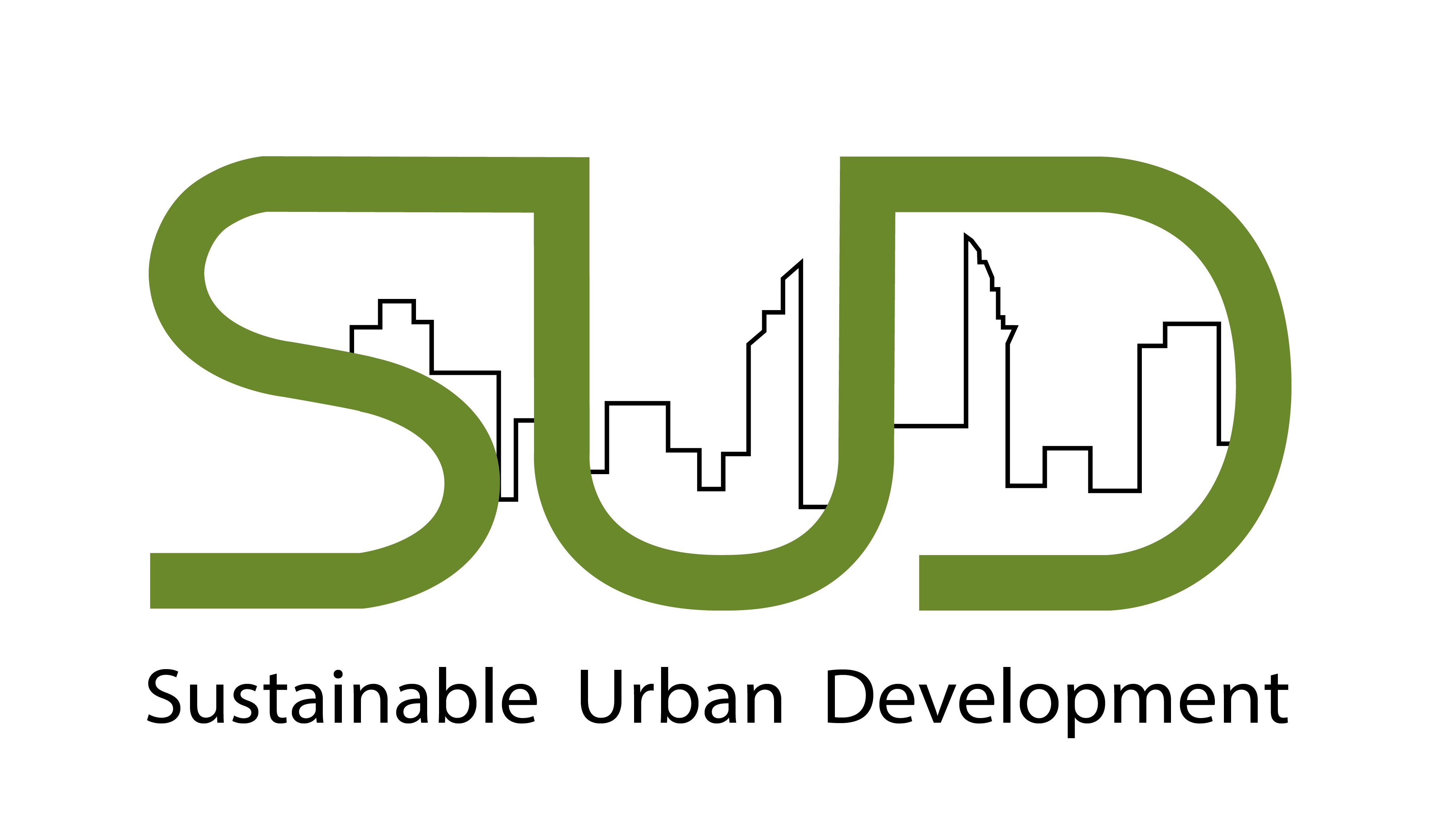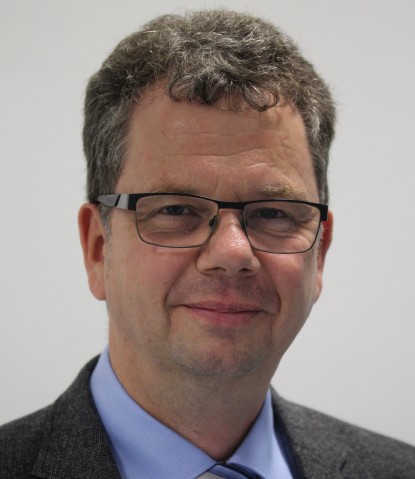For this purpose, the student has to develop a research question that fits the challenge and develop suitable solutions or approaches to solutions by applying suitable scientific methods or a combination of such methods. This result is to be critically evaluated under consideration of the given boundary conditions and possibly still open questions are to be mentioned.
Through the master's thesis, students show their ability to :
- independently conduct scientific research and problem analysis,
- identify and structure a research topic in a scientific environment,
- independently plan, conduct and presentation of a research project
A Master's thesis can only be started when only modules with a total of 12 CP or less remain to be completed (meaning maximum 2 modules of 6 CP each may yet be uncompleted).
It is up to the students themselves to identify possible topics for their Master's thesis. Suggested topics can be found on the websites of possible supervisors. In principle, all lecturers in the degree programme are available as supervisors; also lecturers from the VGU in cooperation with a lecturer at the TU. Professors at the TU often delegate the day-to-day supervision of thesis to their research teaching associates.
All topics that fit the broad subject area of “Sustainable Urban Development” (see lecturing programme) and for which the supervisor agrees to supervise are possible. In this respect, students can also develop their own ideas and coordinate them with a supervisor.
After identifying a possible topic, an initial discussion should therefore be held with the supervisors chosen and/or their research teaching associates, in which the basic suitability of the topic and the willingness of the requested supervisor(s) to provide supervision is agreed.
Subsequently, the student should prepare a proposal for the Master's thesis and discuss it with their supervisor. The proposal should include:
- research question
- short presentation of current scientific knowledge / state of research
- research design (Data and resources needed, methodology, steps, time plan)
- overview of expected results.
After a final discussion of the planned research question and the research methods considered for solving this research question and their implementation, the supervisor prepares the final assignment and forward it to the study office of the department.
From there, the study office coordinates the official start of the thesis with the student, which happens on the day they formally send the assignment to the student as well as instructions about when and how the completed thesis must be handed over.
A Master's thesis can also be carried out with the support of practice partners who, for example, make data available to the student. However, the supervisors alone are responsible for setting the task and evaluating the thesis. However, it is customary for the supervisor, student and practice partner to agree on the thematic orientation of the Master's thesis.
Since the copyright for the thesis lies with the student, it is up to the agreement between the student and the practice partner whether the results of the thesis are made available to the practice partner by the student. The supervisors are obliged by their employment relationship with the TU to observe data protection and may therefore only use any data provided by the practice partners for the purposes of supervising and assessing the thesis.
The supervisors do not intend to publish the thesis. However, this is possible with the appropriate agreement with the student and the practice partner.
Students should ask their supervisors and/or their research teaching associates, responsible for the day-to-day supervision, about their usual practices of supervision and support during Master's thesis.
It is customary to offer regular consultations after the completion of important work steps. However, it is the student's responsibility to use these offers. Supervisors usually are open to discuss with students their future work steps or the current main results they achieved so far.
It is however important that students remember that a master's thesis is mainly an autonomous work (with supervision), thus students should not request daily advices from their supervisors. It is important that students develop their own results or ideas for the continuation of the thesis when they ask for consultation.
Students should plan a certain amount of time in advance when making an appointment for a consultation, as the supervisors usually have a very busy schedule.
Unexpected problems can arise while working on a Master's thesis. For example, required data may not be available or, contrary to original plans, may not be collected.
If such problems arise, students should contact their supervisors immediately in order to find possible solutions to continue working on the Master's thesis.
If necessary, the need for an extension of the processing time can be determined at a very early stage and a corresponding application can be submitted to the Dean of Studies by the student with the support of the supervisor.
In case of illnesses, students can submit a certificate of incapacity online and thus request an extension of the processing time.
An extension of the processing time can be granted by a maximum of the period of time that is still available until the normal submission deadline at the time of the application. An extension is possible for a maximum of 3 months in total.
- „Building Back Better – The Influence of the COVID-19 Pandemic on Sustainable Development in Informal Settlements in Sub-Saharan Africa“
- “Resident-oriented green space development in socially disadvantaged neighborhoods through informal citizen participation processes”
- “Assessing and mitigating the social impact of energetic modernization works in neighborhoods at risk of gentrification”
- “How must an immigration policy be designed under the framework conditions of climate change and the associated climate refugees in order to ensure the successful integration of climate refugees at the municipal level. An analysis using the example of the city of Frankfurt am Main”
- “Shaping the urban facade of connecting axes in central Ho Chi Minh City”



